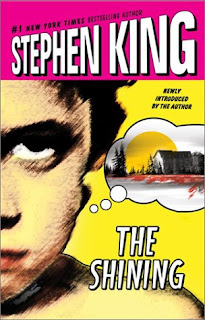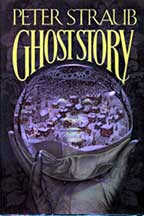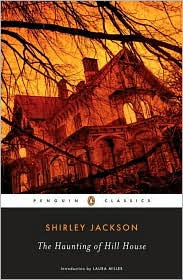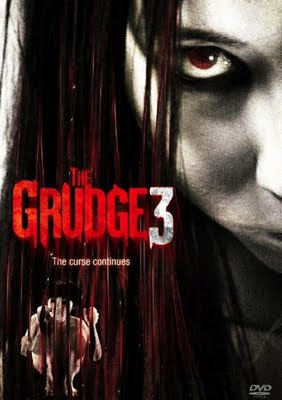
When I saw that we had to read A Christmas Carol for class, I was gobsmacked. It fits the bill and it's appropriate for the season, but I approached it with a sense of exhaustion. I'd seen a zillion versions of the story, featuring yuppie Bill Murray and Muppets and Scrooge McDuck and Jean-Luc Picard. I felt like I knew the framework back and forth and I even had my snarky little opinion about the whole thing: he wasn't actually moved by the kindness of the human spirit into celebrating the holidays. He was just terrified into a death-row conversion.
One of the academics writing the introduction to the ebook version I read said that the value of reading the original work is that you can reexamine the character of Scrooge as he was meant to be written, before his cruelty was exaggerated for comic effect in later iterations of the story. The Ebenezer Scrooge I grew up was a hair's breath away from The Grinch. He was a cartoon character, cringing and hissing and cowering in his evil moments and tapping his heels together when he was happy.
Yes, the Scrooge in the book is much more toned down than the interpretations I've seen in other mediums. His miserliness isn't quite as screechy. He's just a cheap old bastard who doesn't have much use for other people. Whatever shell he built around his soul strips him of his humanity to the point where he doesn't feel the cold that nearly freezes his poor whipping boy of a clerk.

One of the nice things that I enjoy about discovering accessible classics is that you often find a shared spark of the collective human experience. When I read the scene of Scrooge chastising the men who came to collect for the poor, I heard the same perfectly rational and completely heartless arguments I hear fiscal conservatives sometimes make about poor people being poor because they're unwilling to work or undeserving of aid. It's the same sort of blanket statement minimalist bullshit you hear from people talking about welfare cheats and it's complete anathema to the spirit of the holidays.
What else is there to say? I liked the story, I liked that the spirits were slightly more mysterious and eerie than I always imagined them to be, and I liked the peculiar way Dickens wrote. I haven't read too much Victorian fiction but I've read a tremendous amount of stuff that parodies Victorian fiction and it's funny to see how oddly postmodern it scans to my modern sensibilities. Dickens is an odd mix of ominous narrator and focused POV storyteller, with the occasional asides to address the reader directly. It was jarring at first, but I eventually grooved to it.

I'm really happy I was forced to read this book.
I read somewhere recently that the vast majority of people who have claimed to watch classic movies like The Godfather haven't actually watched them. I don't actually think they're lying, but rather that the tropes and images of those movies have so completely invaded the public consciousness that we feel as though we've watched them from beginning to end. When I saw A Christmas Carol on the syllabus, I felt that feeling. What I needed to learn was that knowing the story doesn't mean you know the book. It's incredibly rewarding to see the tale directly through the eyes of the creator and to get a sense of what other creators drew from the source material.

Do you want to know the secret story of how A Christmas Carol ends?
I've been collecting comic books since I was a little kid. These days, the stories are geared toward mean old dudes like me, but back in the day they were a little more kid friendly. Marvel Comics released a Christmas Special back in 1991 that told the story of Franklin Richards, the young child of Invisible Woman and Mr. Fantastic. As he's going Christmas shopping with his mother, he spies an old man wearing Victorian era clothes and wrapped up in chains. He's Jacob Marley and he's decided to lie down into the New York City snow until he fades from existence. Through a bunch of self-sacrifice and courage, Franklin manages to break Marley's chains and everyone has a happy Christmas. It's a terribly sweet story and a wonderful coda for Dickens's book. Go check it out.





















































